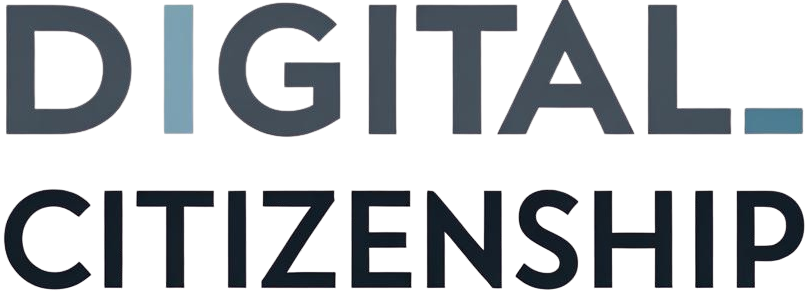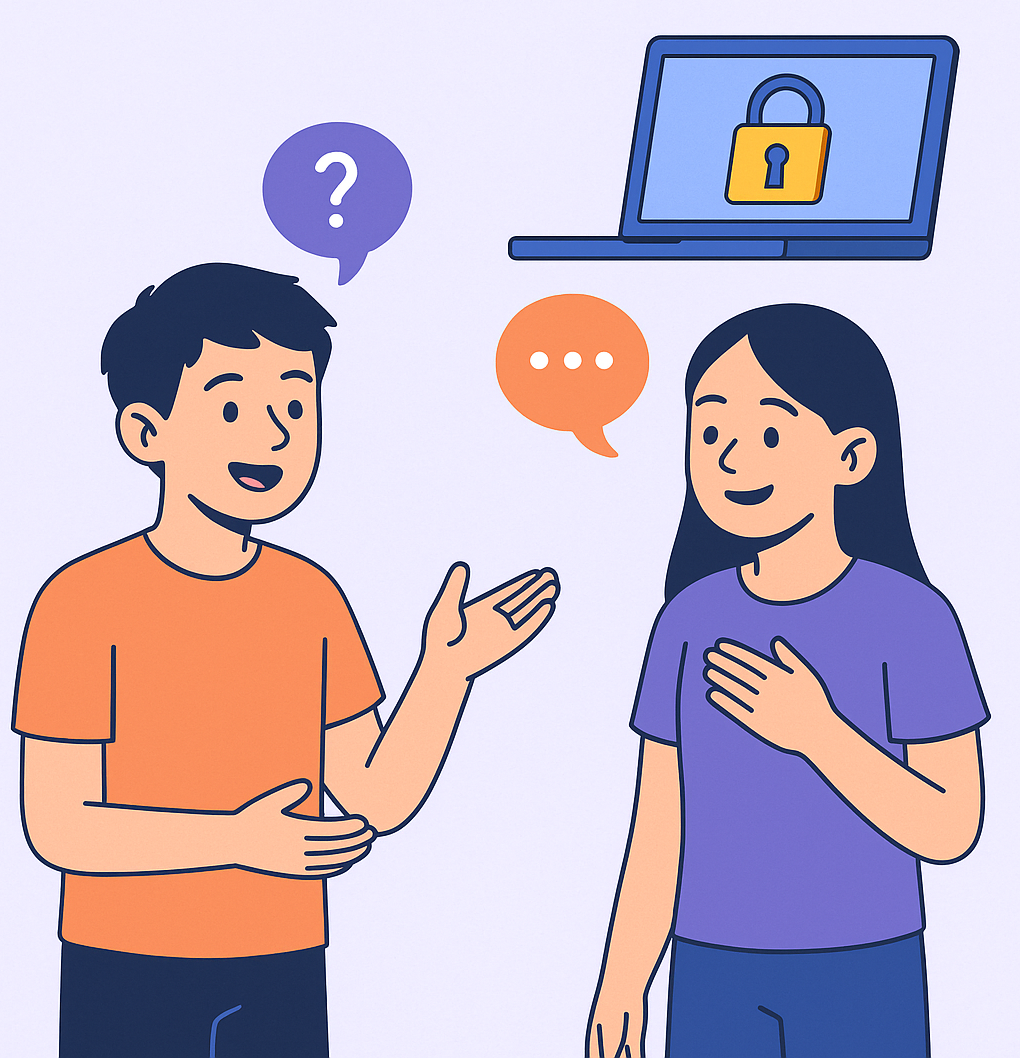As the digital world continues to evolve, it becomes increasingly important for individuals to embrace digital citizenship and actively contribute to a positive culture online. Digital citizenship refers to the ability to navigate digital environments in a safe and responsible manner while engaging respectfully with others. By adopting the principles of digital citizenship, we can work towards creating a healthier and more inclusive online community.
Understanding Digital Citizenship
Digital citizenship encompasses a range of skills and behaviors that enable individuals to make informed decisions and engage responsibly in online spaces. It involves being aware of the potential risks and challenges of the digital world, such as cyberbullying, online privacy, and misinformation, and taking steps to address them.
Contributing to a positive culture online means actively working towards the well-being of our digital communities. This includes promoting empathy, respect, and inclusivity, and discouraging harmful behaviors such as trolling, hate speech, and cyberbullying.
Ways to Contribute to a Positive Culture Online
1. Practice Digital Literacy: Being digitally literate means having the skills to critically evaluate information, discern reliable sources, and understand the implications of our online actions. By sharing accurate and credible information, we can help combat the spread of misinformation and contribute to a more informed online community.
2. Be Respectful and Inclusive: Treat others online with the same respect and courtesy you would in face-to-face interactions. Avoid engaging in personal attacks or spreading hate speech. Embrace diversity and inclusivity by actively listening to different perspectives and engaging in constructive dialogue.
3. Stand Up Against Cyberbullying: If you witness cyberbullying or any form of online harassment, take a stand against it. Support the victim, report the incident to the appropriate authorities or platform administrators, and encourage others to do the same. By collectively standing up against cyberbullying, we can create a safer online environment for all.
4. Protect Your Privacy: Safeguard your personal information online by using strong and unique passwords, enabling two-factor authentication, and being mindful of the information you share on social media. Respect the privacy of others by obtaining consent before sharing their personal information or images.
5. Foster Positive Online Relationships: Build meaningful connections with others online by engaging in positive and constructive interactions. Offer support, encouragement, and guidance to those who may need it. By fostering a sense of community and support, we can create a more positive and uplifting online environment.
The Benefits of Digital Citizenship
Embracing digital citizenship and actively contributing to a positive culture online brings several benefits. It promotes a sense of belonging and community, encourages open and respectful dialogue, and fosters creativity and collaboration. By being responsible digital citizens, we can help shape the digital world into a more inclusive, supportive, and empowering space for everyone.
In conclusion, being a digital citizen involves actively working towards the well-being of our online communities. By practicing digital literacy, being respectful and inclusive, standing up against cyberbullying, protecting our privacy, and fostering positive online relationships, we can contribute to a positive culture online. Embracing digital citizenship not only benefits ourselves but also creates a healthier and more inclusive digital world for all.






